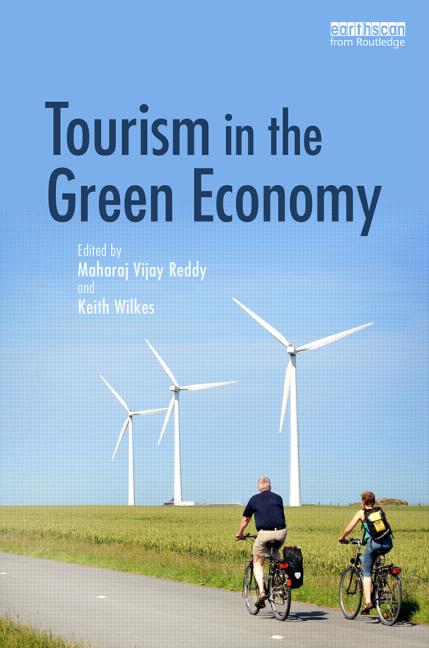
The concept of the green economy has entered mainstream policy debates and been endorsed by the United Nations, other international institutions and forums, such as the G-20. The Rio+20 UN summit specifically draw attention to the green economy approach in the context of sustainable development. The role of tourism sector will continue to be crucial in the post-2015 sustainable development agenda. However, there are ambiguities about how tourism and allied industries can maximize their contribution to human well-being and ensure environmentally sustainability, embracing issues of political economy, geography and business ethics.
In this context, the forthcoming book “Tourism in the Green Economy” (Routledge, 2015) edited in line with BU research themes has been received externally as one of the many examples of our fusion agenda enriching the world. The book received valuable endorsements from key international organisations advancing sustainable development policy and actions worldwide.
“Building on the outcome of Rio+20, the United Nations Department of Economic and Social Affairs, through its Division for Sustainable Development, has been working closely with the UN system, in particular, the World Tourism Organization and United Nations Environment Programme to advance sustainable tourism in the context of sustainable development and more specifically in national planning processes. In this regard, initiatives by the academic world to help policy makers and practitioners develop a better understanding of the dynamic and concrete linkages between tourism and sustainable development are therefore of great importance. This publication addresses the potential role that tourism could play towards a green economy. It also provides good practices, policy orientations as well as implications for future research in this area. The publication is therefore a timely and important input for tourism and sustainability stakeholders.” – Nikhil Seth, Director, Division for Sustainable Development, United Nations Department for Economic and Social Affairs, United Nations Secretariat.
“This publication offers an objective assessment of the challenges faced by green economy and their application to the tourism sector, as well as opportunities for promoting a global and local sustainable tourism through resource efficiency, green jobs and sustainable consumption and production patterns. Tourism stakeholders will find inspiration in this book, from its multiple case studies, in defining and promoting methods and tools for implementing sustainable tourism while valuing local resources and educating the tourist community.” – Dr Arab Hoballah, Chief of the Sustainable Consumption and Production Branch, UNEP.
“We welcome this publication which covers the topic of tourism and in particular the aspect of sustainable tourism with the aim of providing useful insights on how tourism could adapt to green economy, and how to make tourism more sustainable” – Francesca Tudini, Head of Tourism Policy Unit, European Commission.
“This publication brings new insights into the need to green the rapidly-growing tourism industry. The case studies show the challenges and opportunities common to both developed and developing countries, echoing UNESCO’s efforts to build inclusive green societies and sustainable tourism through Biosphere Reserves, World Heritage (including marine) sites, and Geoparks.” – Dr Wendy Watson-Wright, Executive Secretary, Intergovernmental Oceanographic Commission; and Assistant Director General a.i., Natural Sciences, UNESCO.
The book provides consensus about what the green economy entails, the important role tourism can play in a green economy, responsible business practices from many countries, on-going and emerging research initiatives that will enable tourism’s transition to a green economy. For more details and full list of chapters, please visit: http://www.routledge.com/books/details/9780415709217/
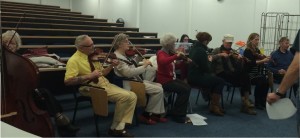
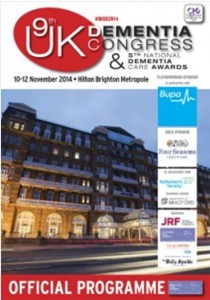
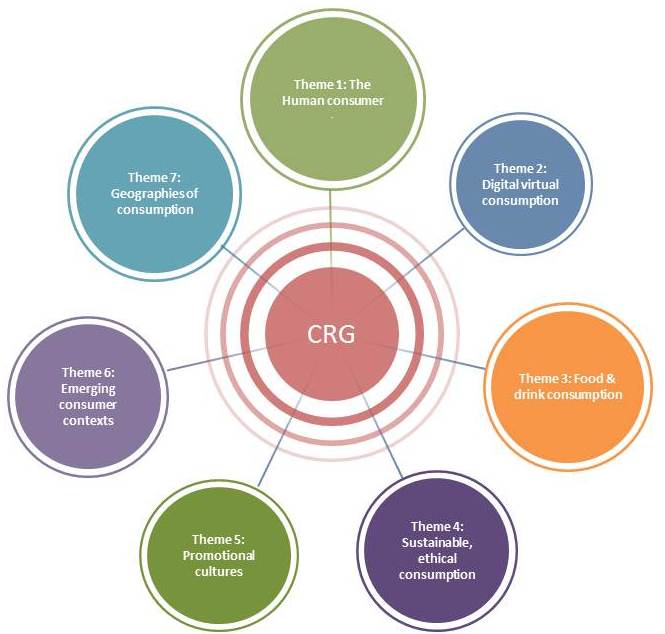

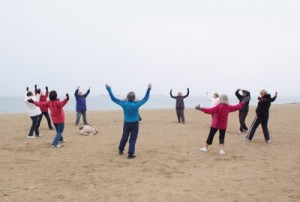
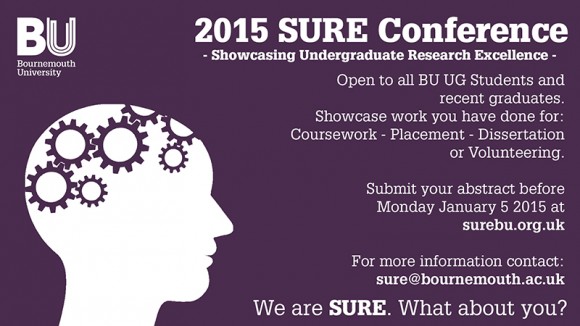

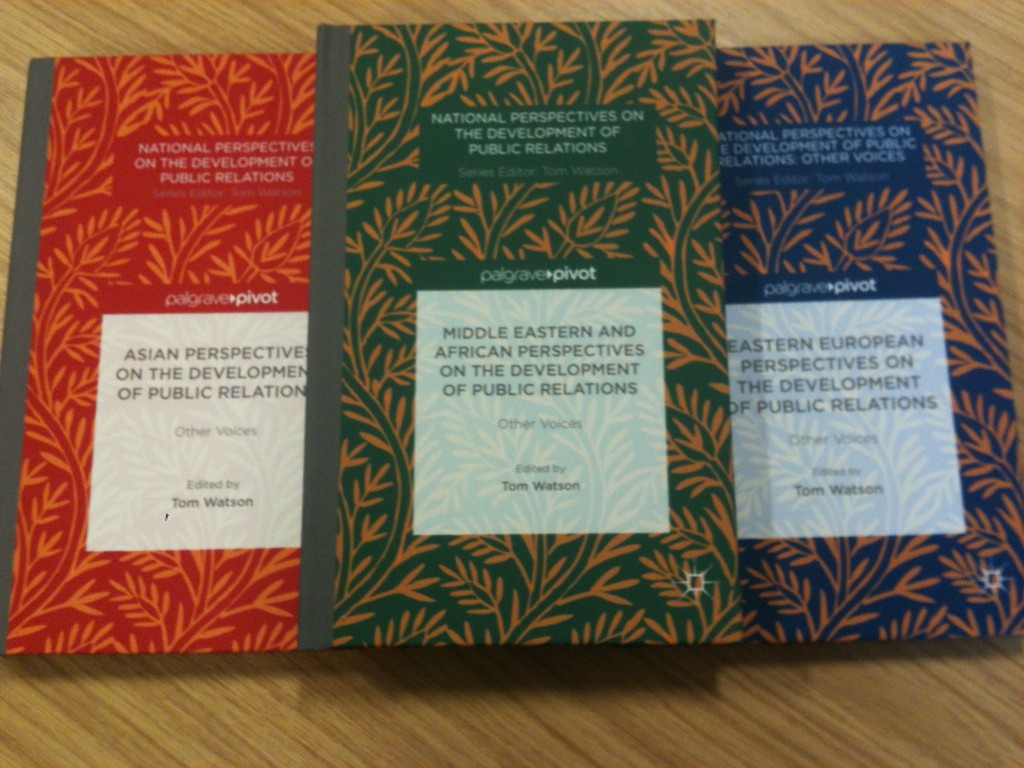


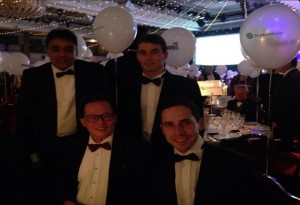


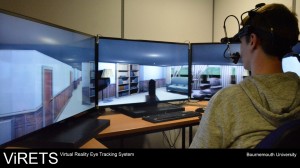











 Public Engagement Opportunity: Share your research with the public at Café Scientifique
Public Engagement Opportunity: Share your research with the public at Café Scientifique Apply for up to £1,000 to deliver an event and take part in a national festival of public engagement with research
Apply for up to £1,000 to deliver an event and take part in a national festival of public engagement with research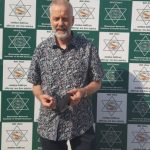 Fifteen years at BU
Fifteen years at BU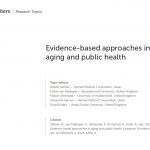 New eBook published in April
New eBook published in April MSCA Postdoctoral Fellowships 2024
MSCA Postdoctoral Fellowships 2024 Horizon Europe News – December 2023
Horizon Europe News – December 2023